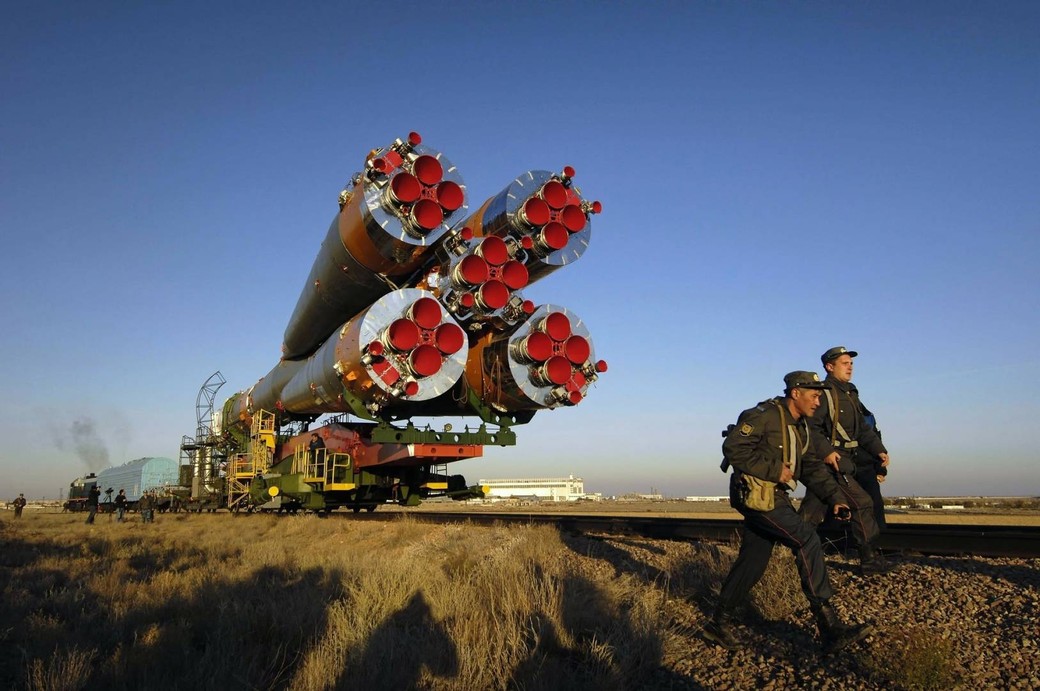
Holding Mining Accountable for Actions Abroad
The core argument of the mining industry is that C-300 (The Responsible Mining Bill) would cause reputational damage to mining companies. This is nonsense. C-300 didn’t cause reputational damage in the case of the allegations of murder against Blackfire in Mexico. It’s not even clear that C-300 would apply to the Mexican situation. What is clear, however, is that Canada’s reputation is being harmed by the actions of irresponsible mining companies. When our own Governer General is faced with protesters chanting “Canada go home”, it’s hardly a good day for our relationship with the Mexican people.
Our troubles don’t end in Mexico. In Honduras, Guatemala, Chile, Argentina and in literally dozens of other countries, complaints are being raised against Canadian-based mining companies. Our national reputation is being abused. Witness after witness at the House of Commons Foreign Affairs and International Trade committee testified of incidents, which if they were to happen here, would give rise to jail terms, fines and lawsuits. With an image such as this of our companies abroad, it is no wonder then that Canadians are no longer being met with the warm reception which we once took for granted.
Witnesses appearing before committee such as Tyler Giannini of the Harvard Human Rights Law School and Sarah Knuckey of the University of New York Center for Human Rights gave damning testimony on the practices of Canadian mining companies, which they witnessed in the developing world. Testimony was also given by Alex Neve, the Secretary General of Amnesty International Canada, Michael Casey Executive Director of Development and Peace, Richard Janda from McGill law school, Daviken Studnicki-Gizbert, a McGill history professor, Stephan Hunt, district director from United Steelworkers, Toby Heaps, the founder of Corporate Knights and even the former Minister of Environment from Argentina, Romina Picolotti, who has fought her fair share of battles with Canadian mining companies. This is only part of a long list of very credible and respected individuals who have come forward to speak to this issue. The mining industry’s response to this testimony has been to brush it off, deny it’, or attack the credibility of the witness.With the evidence mounting to substantiate the testimony though, this tactic of deny deny, deny is becoming less and less believable.
The hearings before the Foreign Affairs committee are just one small part of the growing and incontrovertible evidence that shows Canada has a serious corporate social responsibility problem in the extractive industry. It also points to Bill C-300 as a step in the right direction. C-300 seeks to bring accountability and transparency to incidents of breaches of environmental and corporate social responsibility standards. If a company is found to be non-compliant the sanctions to be applied would be a direction by a Minister of the Crown to withdraw our investments in Export Development Canada (EDC) and the Canadian Pension Plan (CPP).
These sanctions are neither drastic nor unreasonable. It should be the responsibility of companies operating overseas to use mining practices that respect basic human rights. The witnesses and the Canadian public want Canada, as the world centre for mining financing, to be accountable for its investments. If Canada invests in these companies through EDC & CPP, surely it’s not too much to ask that Canadian mining companies account to the Canadian taxpayers and pensioners in a transparent fashion.
The mining companies and their lawyers have made the argument that this small bill will destroy the Canadian mining industry and drive companies out of Canada. Their “sky is falling” argument is losing credibility. Canada is the world centre for mining. It has the best technology, the biggest companies, the most expertise and the most favourable conditions. When C-300 passes, these facts will remain the same. Good corporate social responsibility is good for business, and good business is good corporate social responsibility. A responsible mining bill is good for Canada. It is more than a little perplexing to me then why the mining companies have put up such an enormous fight against such a modest bill.
So as abuse heaps upon abuse and the government stonewalls and ridicules the credibility of witnesses and appoints a toothless counsellor, the problems of the mining industry remain. The call for action on this issue is neither drastic nor frivolous nor vexatious. Yet it has been met with enormous resistance, for simply suggesting that the “emperor has clothes”. Bill C-300 is a modest proposal that can be seen as a limited stepping stone to better corporate practice. Perhaps the only reason that can be given for the resistance is a Biblical one, “there are none so blind as those who will not see”.
By: John Mckay









